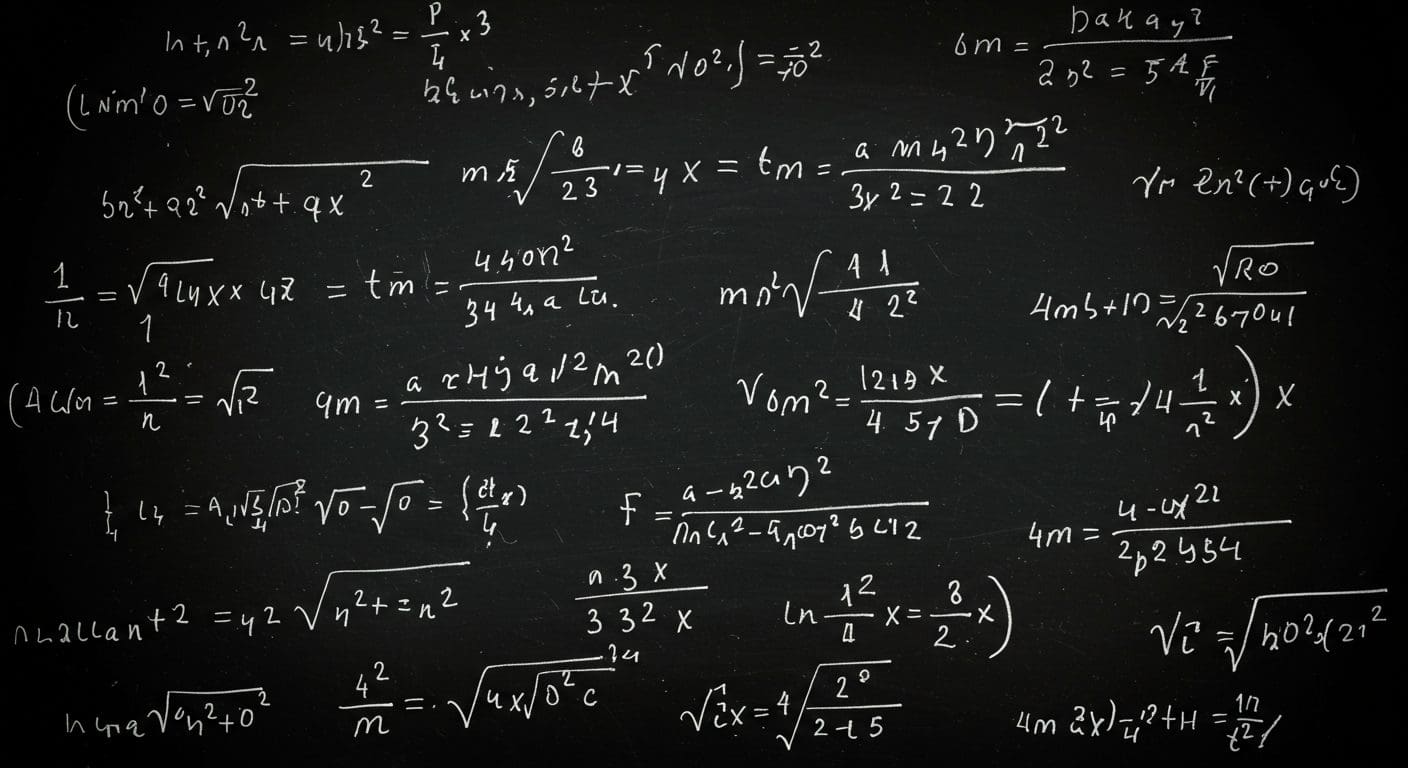Quantum computers promise revolutionary calculations, but current devices are prone to errors that limit their potential, demanding effective error mitigation techniques. Boseon Kim, Wooyeong Song, and Kwangil Bae, all from the Korea Institute of Science and Technology Information, alongside their colleagues, address this challenge with a new approach to zero-noise extrapolation, a prominent error mitigation method. Their research focuses on algorithms with repetitive structures, where they characterise errors within these repeating blocks rather than the entire calculation, significantly reducing the computational overhead. The team demonstrates, through simulations and experiments on a 127-qubit system, that this method achieves more robust error mitigation than conventional techniques, particularly in noisy environments where existing approaches often fail, and even approaches theoretical success probabilities in low-noise conditions. This advancement represents a crucial step towards realising the full potential of near-term quantum computers by enabling more reliable computations with fewer resources.
Zero-noise extrapolation (ZNE) is a prominent quantum error mitigation method, and this work primarily considers its application. For algorithms employing deep circuits, such as iterative quantum algorithms involving multiple oracle calls, ZNE’s effectiveness significantly degrades under high noise conditions. This study proposes a lightweight, extrapolation-based error mitigation framework specifically tailored for structured quantum algorithms composed of repeating operational blocks, characterizing the error of the repeated core operational block using shallow circuits.
Fidelity Estimation Corrects Algorithm Errors Efficiently
This research introduces a novel, lightweight error mitigation technique designed for structured quantum algorithms like Grover’s search. The core idea is to estimate the fidelity of repeated operational blocks within the algorithm and use this fidelity to extrapolate and correct for errors, reconstructing the ideal theoretical success probability. Key contributions include a focus on core operational blocks, exponential decay modeling to estimate block fidelity, improved performance compared to ZNE, particularly in high-noise environments, and applicability to algorithms with repeating operational blocks. The method works by identifying repeating blocks within an algorithm, estimating their fidelity by observing algorithm results and fitting an exponential decay model, and then extrapolating and correcting the observed success probability to mitigate errors. This technique offers advantages over existing methods like ZNE, including better performance in high-noise environments and reduced computational overhead due to its focus on core operational blocks. In essence, this paper presents a promising and practical error mitigation technique that could contribute to the development of more reliable and accurate quantum algorithms in the near future.
Repeating Blocks Enhance Quantum Error Mitigation
Researchers have developed a new error mitigation technique for quantum computers that significantly improves computational accuracy, particularly for algorithms with repeating structures. Current quantum computers are limited by noise, and error mitigation techniques are crucial for overcoming these limitations. This new method focuses on characterizing errors within repeating operational blocks of an algorithm, offering a more efficient approach to noise reduction. The team’s technique leverages the repetitive nature of many quantum algorithms, such as Grover’s search. By accurately modeling the errors within a single block, researchers can estimate the overall error characteristics of the entire algorithm, reducing the computational resources needed for error mitigation.
This contrasts with conventional ZNE, which analyzes the entire circuit and can struggle with highly noisy systems. Testing on both simulated quantum computers and a real 127-qubit IBM Eagle processor demonstrates the effectiveness of this new approach. In high-noise conditions, where ZNE fails due to overfitting, the new method achieves over a 20% higher success probability. Furthermore, in low-noise environments, the technique approaches the theoretical success probability of an error-free computation, outperforming standard ZNE. This method’s efficiency stems from its focus on the repeating blocks within an algorithm, allowing for a more targeted and resource-conscious approach to error mitigation.
Block-Level Error Mitigation Improves Quantum Results
This research introduces a new error mitigation technique for structured quantum algorithms, designed to improve the reliability of computations on current, noisy quantum processors. The method focuses on characterizing errors within repeating blocks of an algorithm and uses this information to reconstruct a more accurate success probability. Results from simulations and experiments demonstrate that this block-level approach consistently outperforms conventional ZNE techniques, particularly in high-noise environments where ZNE struggles with unreliable data. Specifically, the team’s method achieves over a 20% higher success probability than ZNE under significant noise and approaches theoretical performance in low-noise scenarios. While tailored to algorithms with repeating structures, this technique represents a substantial advancement in quantum computing, paving the way for more reliable and efficient quantum computations.
👉 More information
🗞 Enhanced Extrapolation-Based Quantum Error Mitigation Using Repetitive Structure in Quantum Algorithms
🧠 ArXiv: https://arxiv.org/abs/2507.23314

